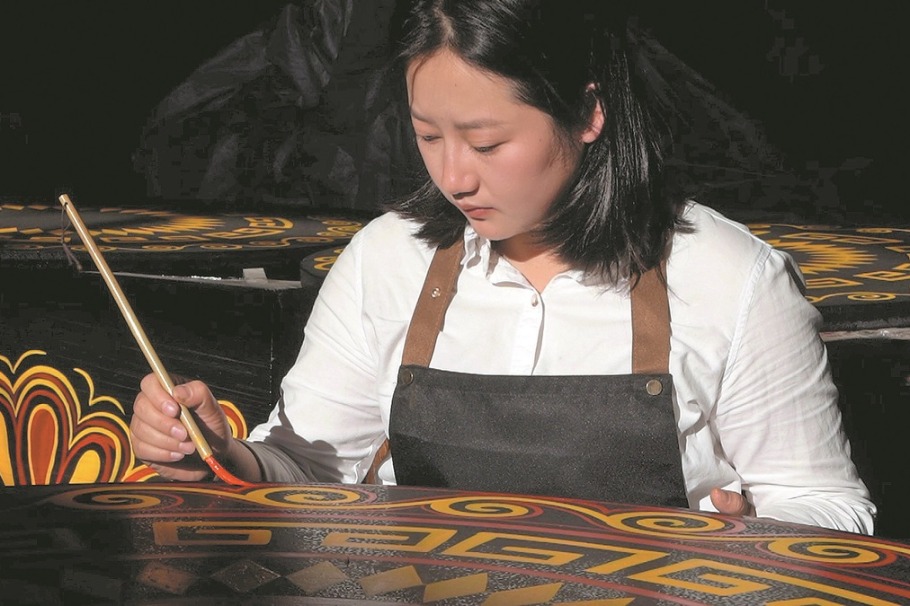Study finds genetic solution to pre-harvest sprouting in rice, wheat

BEIJING -- A new Chinese scientific study has identified a combination of two crop genes that are in charge of controlling seed dormancy and could be used to reduce the costly phenomenon of pre-harvest sprouting (PHS) in crops such as rice and wheat.
Seed dormancy is an important survival tool for plants, allowing them to survive in negative weather conditions. However, excessive dormancy may shorten cultivation time, so many farmers like to plant low-dormancy species of rice and wheat to get a high rate of seed emergence after sowing.
This practice can lead to PHS, a worldwide production problem in which grains germinate on the mother plant before harvest time and often during wet weather, severely reducing grain yield and quality.
Researchers from the Institute of Genetics and Developmental Biology under the Chinese Academy of Sciences have identified two genes, namely SD6 and ICE2, that act in combination to control seed dormancy and have great potential for reducing PHS in rice and wheat.
They found that SD6 and its interaction partner ICE2 can antagonistically control rice seed dormancy by regulating plant hormones. Specifically, SD6 can promote the expression of the catabolic hormones and inhibit the expression of the anabolic hormones, while ICE2 acts in the opposite manner.
In the study, when seeds were at room temperature, SD6 was up-regulated to trigger seed germination. However, at low temperatures, SD6 was down-regulated, but ICE2 was up-regulated to keep the seed dormant.
The researchers edited SD6 in three rice species and found that editing the gene could be a rapid and useful strategy for improving PHS tolerance in rice. They then edited the genes in a wheat variety, showing that this provided a similar resistance to PHS.
The study results were published in the journal Nature Genetics this week.
Lead researcher Chu Chengcai said the findings are crucial to avoiding huge agricultural losses and ensuring food security. He cited China as an example, saying that PHS has damaged about 6 percent of conventional rice acreage and 20 percent of hybrid rice acreage during the harvest season in the south of the country.
Global climate change has worsened the problem, according to the researcher, who said that many wheat and rice planting regions in the middle and lower Yangtze River valley have suffered more frequently in recent years.
The new study is the latest example of China's intensified research efforts to ensure food security. Scientists believe the discovery of the two genes can help crop seeds overcome natural seasonal changes and ensure successful reproduction.
- China condemns US $330m arms sale to Taiwan
- Transformation of healthcare in Xizang celebrated
- Confucius Institute expanding with new projects
- Potala Palace to implement Monday closure policy
- Workers with disabilities building new kind of community in Taicang
- Dongying birdwatching: More than birds, legacy in sky





































